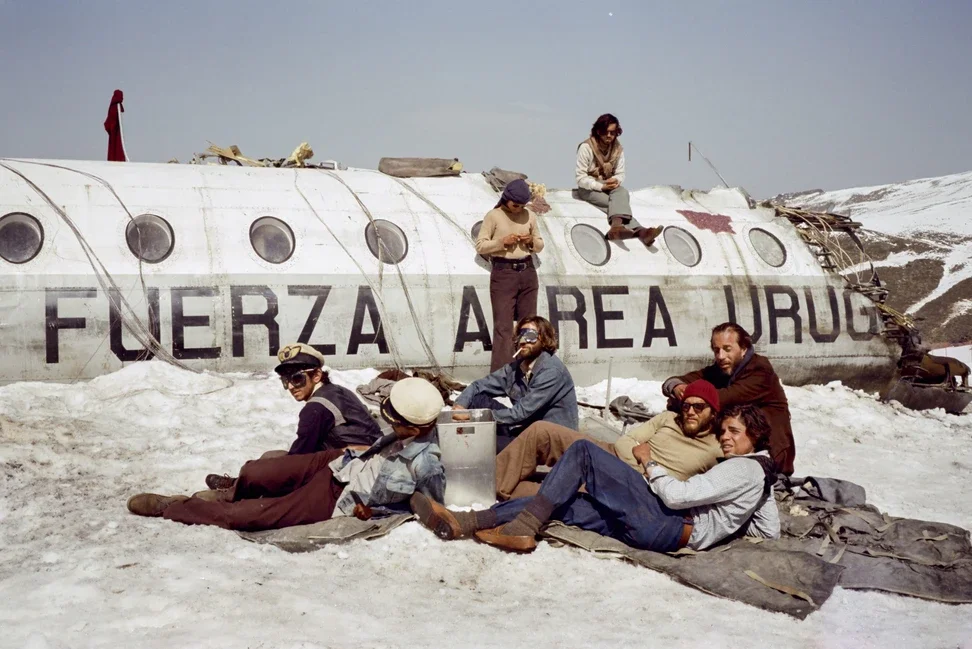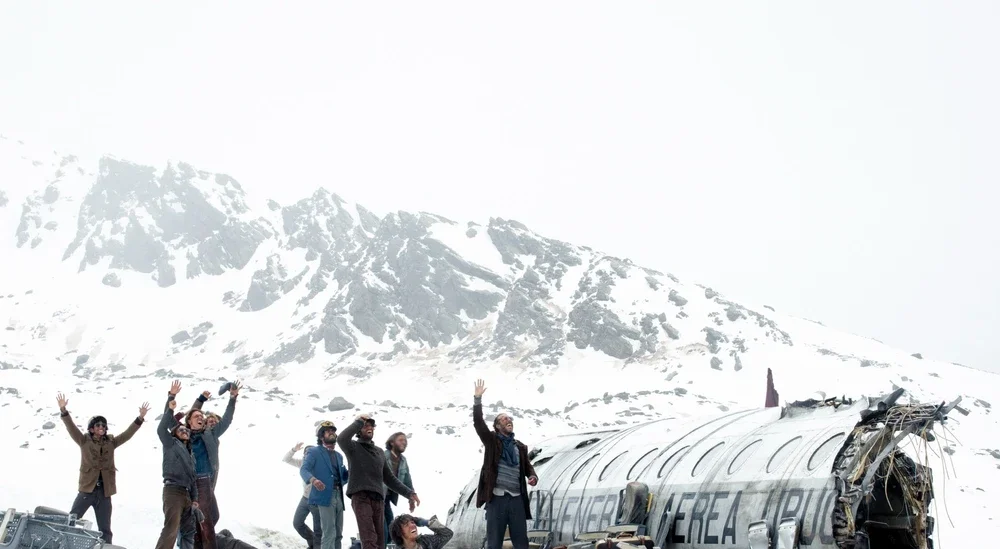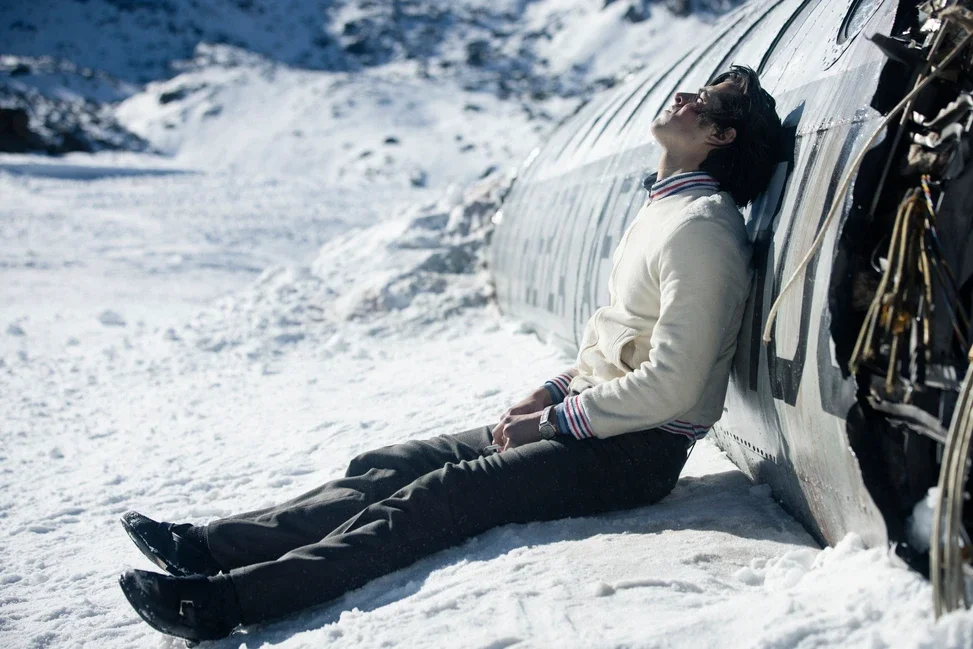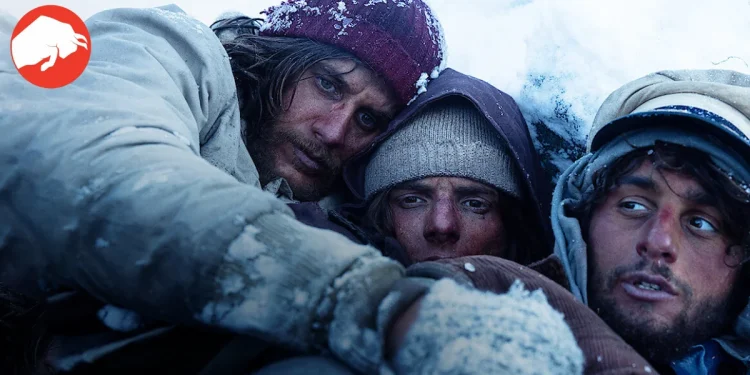The Harrowing Tale of Survival Against All Odds
In the October of 1972, an unthinkable tragedy unfolded as a plane carrying the Old Christians Club rugby union team crashed into the unforgiving Andes mountains. The catastrophic event instantly claimed 12 lives, leaving 33 others to fend for themselves in one of the harshest environments on Earth. This incredible saga of endurance, known as the Miracle of the Andes, has resonated through the ages, embodying the unyielding human spirit against insurmountable odds.

The Odyssey of Nando Parrado, Roberto Canessa, and the Survivors
The 72-day ordeal saw the survivors grapple with excruciating dilemmas and make impossible decisions. The group’s dwindling hope was rekindled when Nando Parrado and Roberto Canessa embarked on a 10-day, 61km trek across treacherous terrains, culminating in their triumphant discovery of help. Their harrowing journey and subsequent rescue of the remaining team members have left an indelible mark on the annals of human survival stories.
‘Society of the Snow’: A True-to-Life Cinematic Retelling
Netflix’s ‘Society of the Snow’ offers what might be the most faithful adaptation of this extraordinary story. Directed by JA Bayona, known for his meticulous approach to filmmaking, the movie was crafted with a near-documentary detail. “We did extensive research,” Bayona shared in an interview, emphasizing the countless hours spent interviewing survivors, families of the deceased, and friends to capture the story with utmost realism. The survivors themselves, including Carlitos Páez, have expressed their approval of the film, indicating its authentic portrayal and emotional resonance.

Honoring the Departed: A Focus on the Fallen Team Members
A notable distinction of ‘Society of the Snow’ is its attention to not just the survivors, but also those who tragically lost their lives during the ordeal. The film, through the eyes of Numa Turcatti and others, offers a broader and more profound narrative. Bayona’s intent to capture the spirituality and collective experience of the tragedy is evident in his unique approach to storytelling, exploring the dynamics of life, death, and the emotional toll on the survivors and the families of the departed.
The Ethical and Emotional Weight of Cannibalism
The film doesn’t shy away from addressing one of the most notorious aspects of the survival story: the desperate turn to cannibalism by the survivors. Bayona and Páez both emphasize that while this aspect garnered media attention, it is not the central theme of the story. Instead, it serves as a backdrop to themes of teamwork, solidarity, love, and friendship that emerged from the dire circumstances. “It’s not the main thing,” Páez clarifies, “but because of that, you can talk about teamwork, you can talk about solidarity, you can talk about love, you can talk of friends.”

The Legacy of Ordinary People in Extraordinary Circumstances
As Páez reflects on the ordeal, he highlights the universality of their experience, emphasizing that they were ordinary individuals thrust into an extraordinary survival scenario. The story of the Andes survivors isn’t just about physical endurance but also about the psychological and emotional metamorphosis from “spoiled” youths to resilient survivors. It’s a reminder of the human capacity to adapt, overcome, and find meaning in the face of absolute despair.
‘Society of the Snow’ not only revisits the harrowing events of the Andes flight disaster but also offers a deeper insight into the human condition. Through its detailed portrayal and focus on individual stories, the film invites viewers to contemplate the complex nature of survival, the moral quandaries faced under extreme conditions, and the enduring strength of the human spirit. As the world continues to move forward, the story of the Miracle of the Andes remains a testament to the resilience and indomitable will of those who lived, struggled, and triumphed over the impossible.









